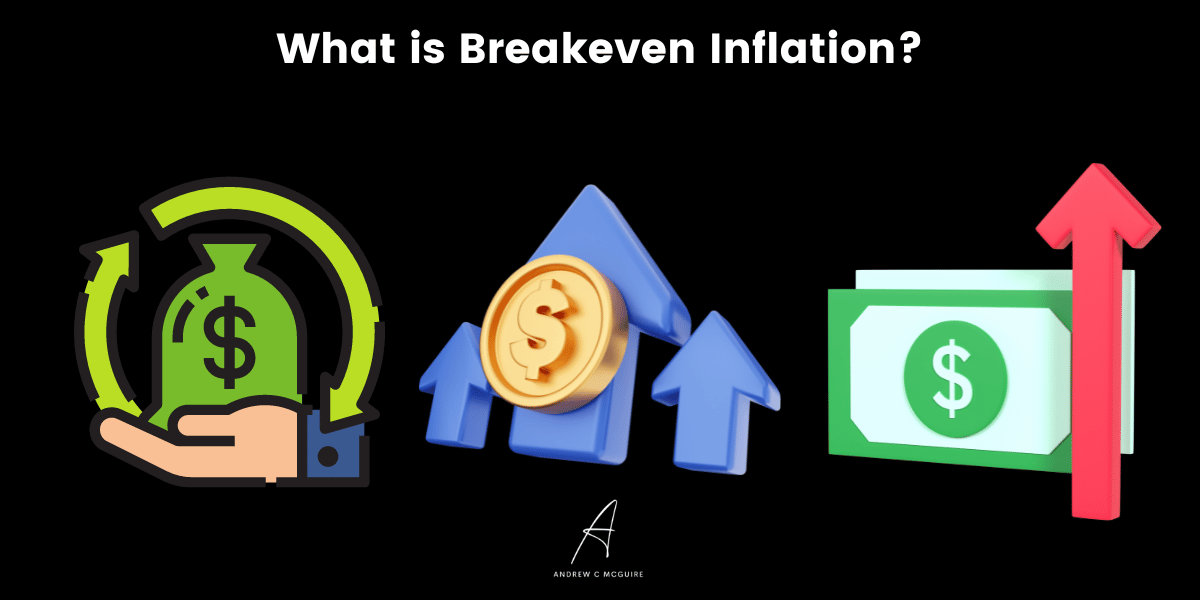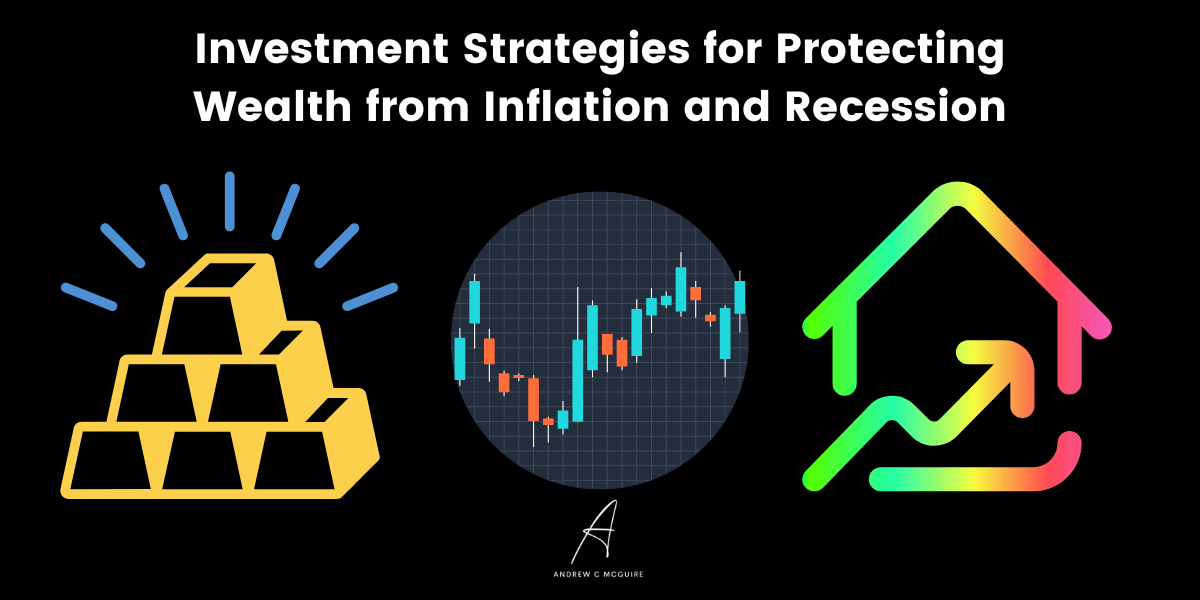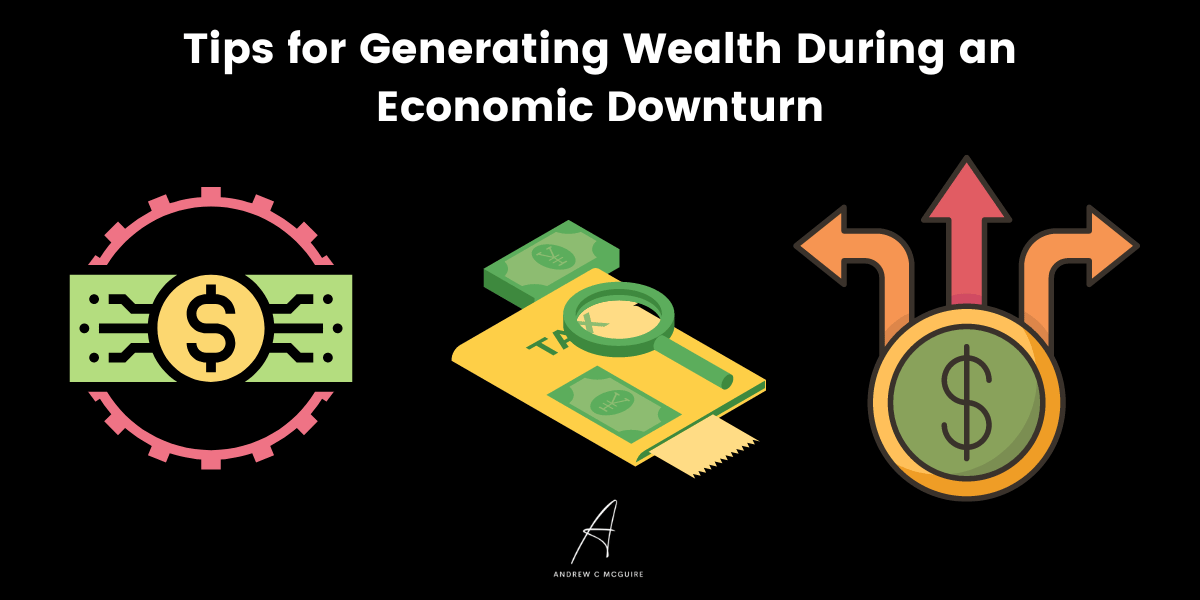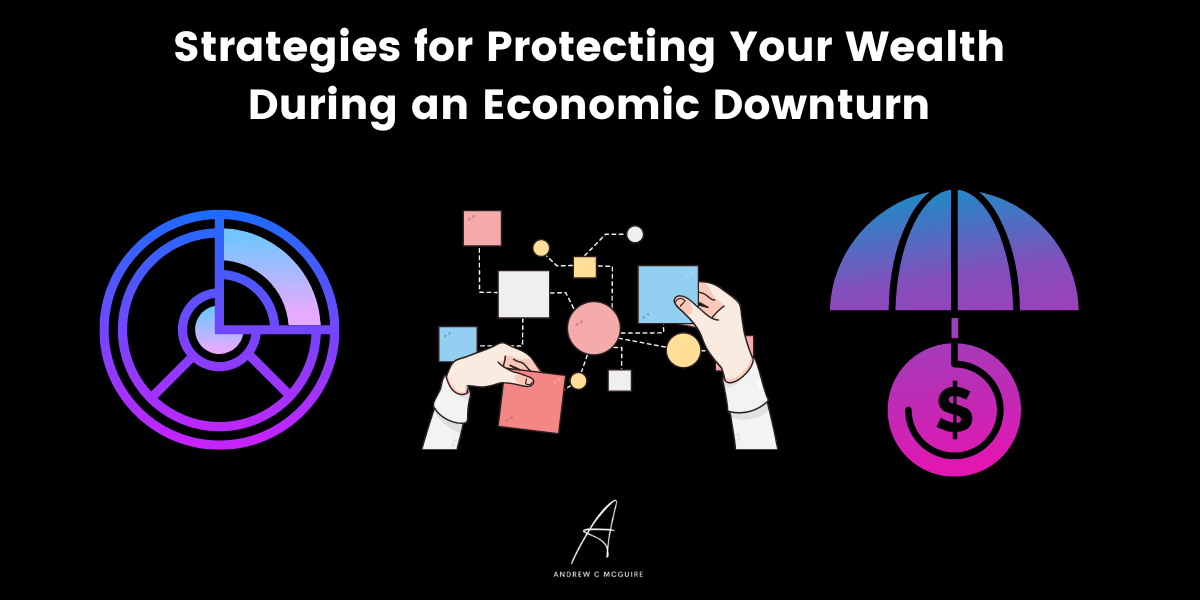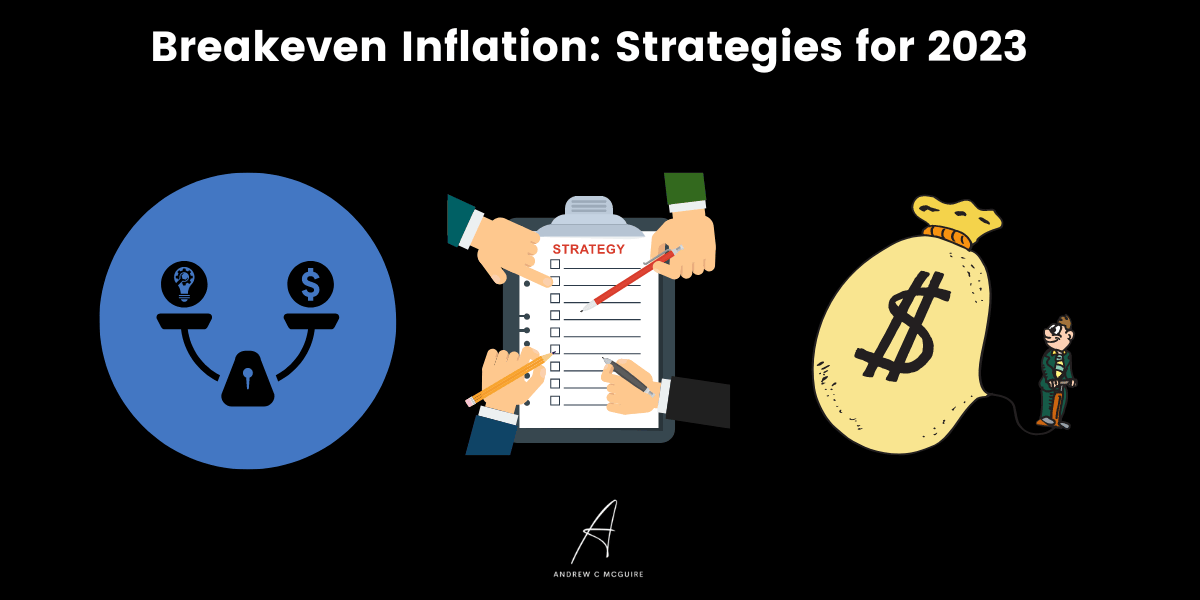Breakeven Inflation is one of the terminologies that every investor should know and understand its implication on their investments. All market participants expect inflation, and you need to plan ahead of time, knowing the breakeven inflation rates and inflation expectations before the actual inflation comes. You also need to find the right investment diversification as well as the perfect investment company to deal with. When it comes to investing in silver, gold, and other precious metal investment, my #1 recommendation is Augusta Precious Metals.
- Money magazine’s “Best Overall” Gold IRA Company in 2022
- Quarterback Joe Montana and his financial team chose Augusta
- Zero fees for up to 10 years — every customer qualifies
- Investopedia’s “Most Transparent” Gold IRA Company in 2022
- Free guides on how to avoid gimmicks & high-pressure tactics used by gold IRA companies
We earn a commission if you make a purchase, at no additional cost to you.
Are you looking for means to protect your wealth from inflation and a recession? Breakeven inflation is an important concept that should be considered when it comes to making investments. By understanding breakeven inflation, investors can develop strategies to safeguard their wealth during difficult economic times. In this blog post, we’ll discuss investment strategies for protecting your wealth from both breakeven inflation and a recession. We will also provide tips on generating additional income in the midst of financial uncertainty as well as methods of safeguarding your assets during turbulent periods. But before we dive into the core of this article, check out what the all-time famous quarterback Joe Montana says about Augusta Precious Metals and why his financial team chose the precious metals IRA company as the best of all the top investment firms out there.
[presto_player id=4770]
What is Breakeven Inflation?
Breakeven inflation is a measure of the rate of inflation that must be achieved for an investor to break even on their investment. It is calculated by subtracting the yield on a Treasury bond from the yield on an inflation-protected bond, such as TIPS. Knowing breakeven inflation can help investors make informed decisions about their investments and protect their wealth from inflation and recession.
Definition of Breakeven Inflation
Breakeven inflation measures how much prices need to rise in order for an investor to receive back what they originally invested plus any interest earned over time. This calculation helps investors determine if it’s worth investing in bonds or other assets that are protected against rising prices due to economic factors like increased demand or higher costs of production.
How to Calculate Breakeven Inflation
To calculate breakeven inflation, you need two pieces of information – the current yield on a Treasury bond and the current yield on an inflation-protected bond (such as TIPS). Subtracting one from another will give you your breakeven rate, which tells you how much prices would have to increase before your investment breaks even with its original value plus any interest earned over time.
The Treasury Breakeven Inflation curve and Consumer Price Index are pointers to the inflation rate. Knowing breakeven inflation is an important part of any wealth protection strategy. In the next section, we will discuss some strategies for protecting your wealth from inflation and recession.
Key Takeaway:
Breakeven inflation is an important measure of how much prices need to rise for investors to break even on their investments. To calculate it, subtract the yield on a Treasury bond from the yield on an inflation-protected bond such as TIPS. Knowing this rate can help investors make informed decisions about their wealth and protect it against economic factors like rising prices.
Investment Strategies for Protecting Wealth from Inflation and Recession
1
Precious Metals and Gold
Investing in precious metals and gold is a great way to protect wealth from inflation and recession. Precious metals are considered safe-haven investments that can help hedge against currency devaluation during times of economic uncertainty. Gold has been used for centuries as a store of value and is often seen as an alternative to paper money when the economy is struggling. When investing in precious metals, it’s pivotal to consider factors such as liquidity, storage costs, taxation rules, and the risk of theft or fraud.
2
Real Estate and Bonds
Investing in real estate and bonds can also be an effective strategy for protecting wealth from inflation and recession. Real estate investment provides a stable source of income during downturns while providing potential appreciation over time if managed properly. Bonds provide steady returns with low risk but may not keep up with inflation over time, so it’s important to understand how different types of bonds work before investing in them.
3
Stocks
Stocks offer the potential for higher returns than other asset classes but come with greater risks due to their volatility, so it is important to understand the financial markets before investing in them. Mutual funds provide diversification across different asset classes which help reduce risk exposure while still offering potential upside growth opportunities depending on the type of fund chosen by investors.
Investing in a diversified portfolio of low-risk investments, taking advantage of tax advantages, and being prepared to take advantage of market opportunities can help protect your wealth from inflation and recession. Next, let’s look at how to generate wealth during an economic downturn.
Tips for Generating Wealth During an Economic Downturn
1
Diversify Your Portfolio
Diversifying your portfolio with low-risk investments is a key strategy for generating wealth during an economic downturn. Investing in assets such as bonds, cash equivalents, and Treasury bills can help protect against market volatility while still providing returns. These investments may not generate the same level of return as higher-risk options, but they will provide stability and security during times of uncertainty.
2
Utilize Tax Advantages
Utilizing tax advantages to maximize returns on investments is another way to increase wealth during a recessionary period. Taking advantage of deductions, credits, or other incentives offered by the government can help reduce taxable income and increase overall savings. Additionally, investing in qualified retirement accounts such as 401(k)s or IRAs can also be beneficial since contributions are made pre-tax which reduces current taxes owed while allowing money to grow over time without being taxed until withdrawn at retirement age.
3
Take Advantage of Market Opportunities
Taking advantage of market opportunities when they arise is another way to generate wealth during an economic downturn. Paying attention to stock prices and researching potential investment opportunities can allow investors to capitalize on discounted stocks that may have been overlooked due to market conditions. Additionally, taking advantage of historically low-interest rates by refinancing mortgages or other loans could potentially save thousands in interest payments over the life of the loan, resulting in increased net worth over time.
By diversifying your portfolio, utilizing tax advantages, and taking advantage of market opportunities when they arise, you can generate wealth even during an economic downturn. Next, we’ll discuss strategies for protecting your wealth in a recession.
Strategies for Protecting Your Wealth During an Economic Downturn
1
Rebalance Your Portfolio Regularly
Rebalancing your portfolio regularly is an important strategy for protecting your wealth during an economic downturn. Rebalancing involves adjusting the mix of investments in a portfolio to maintain a desired risk level and return potential. This can help reduce risk exposure by ensuring that no single asset class or investment dominates the portfolio while also helping to maximize returns on investment (ROI). For example, if stocks have increased significantly since you first invested in them, you may want to sell some of those shares and invest the proceeds into other asset classes, such as bonds or cash.
2
Minimize Fees and Commissions
Minimizing fees and commissions on investments is another way to protect your wealth during a recessionary period. Fees and commissions can eat away at any gains made from investing, so it’s important to be aware of what costs are associated with each type of investment before committing funds. Look for low-cost index funds or ETFs when possible, which tend to have lower management fees than actively managed mutual funds. Additionally, many online brokers offer commission-free trades for certain types of securities, such as ETFs or stocks traded on major exchanges like the NASDAQ or NYSE.
3
Avoid High-Risk Investments
Finally, avoiding high-risk investments that could lead to losses in value over time is key when trying to protect your wealth during an economic downturn. High-risk investments such as penny stocks often come with greater volatility than more established blue chip companies; therefore, they should only be considered after careful research has been conducted into their fundamentals and long-term prospects for success. It is also important not to get caught up in speculative “hot tips” from friends or family members without doing due diligence first – these could end up costing you money rather than making it.
Key Takeaway:
Protecting wealth during a recession involves rebalancing portfolios regularly, minimizing fees and commissions, and avoiding high-risk investments.
Conclusion
Breakeven inflation is an important concept to understand when it comes to protecting your wealth from the effects of inflation and recession. By investing in assets that are not affected by changes in the market, such as precious metals or gold investments, you can ensure that your wealth remains safe during economic downturns. Additionally, there are several strategies for generating and protecting wealth during a recession. These include diversifying your portfolio across different asset classes, increasing liquidity levels, and maintaining a long-term investment strategy. With these tips in mind, you can protect yourself from financial losses due to unexpected events like recessions or periods of high inflation.
FAQs
Andrew’s Gold IRA Pick
Augusta Precious Metals is the most trusted gold IRA company

